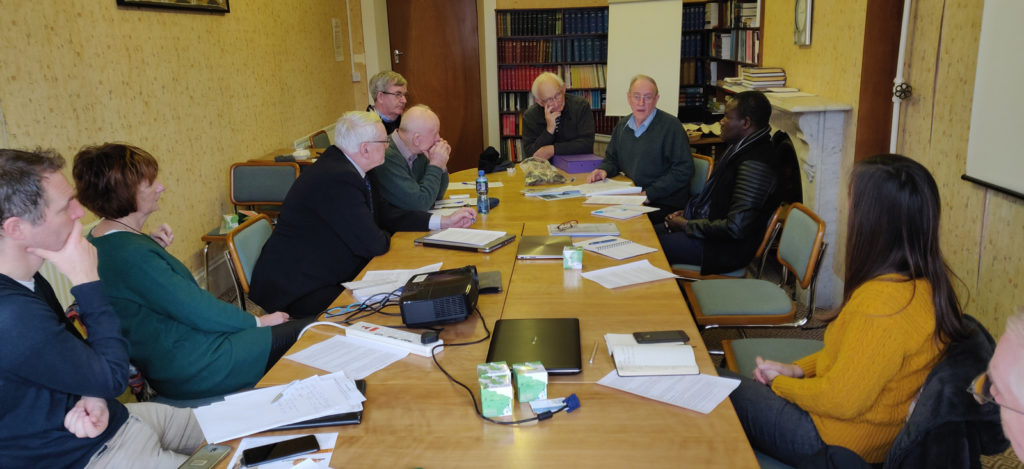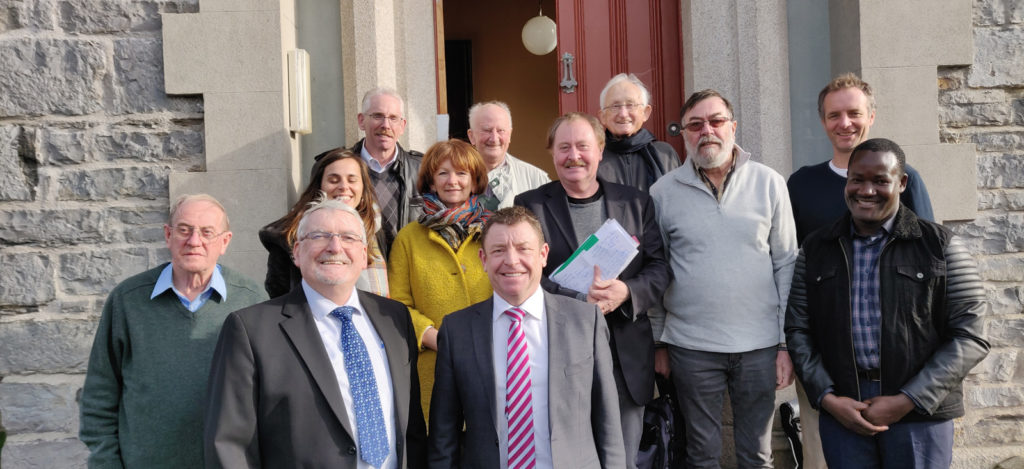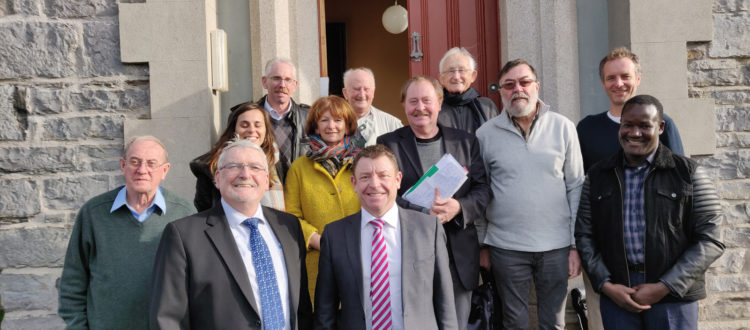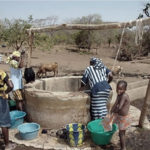Meeting of Development Support Offices. Dublin, 30-31 January 202
This first concertation meeting of the Development Support Offices of the Congregation was a success by all accounts. The following were present:
- CESS (European Spiritan Solidarity Account) / Kibanda (European Spiritan Centre for Development and Cooperation) in Brussels (Belgium) with Michael Begley.
- IODO (Irish Overseas Development Office) in Dublin (Ireland) with Connie O’Halloran
- Sol Sem Fronteiras (SOLSEF) in Lisbon (Portugal) with Ines Souta
- SOMA (Spiritan Office for Mission Advancement) in Houston (USA) with John Gillespie.
There were also meetings with other actors in the field of Spiritan-inspired development funding: World Mercy Fund, A Partnership for Africa, Naechstenliebe-Weltweit, Bothar.
We shared at length on the work accomplished by each of our organisations, on our budgetary and geographical constraints, on our objectives and our ways of functioning. Our common objective is truly to participate in the evangelizing mission of the Congregation but with priority given to development projects which are at the very heart of this mission. We are well aware that we have to move forward in the direction of collaboration among ourselves in order to improve access to funding for confreres with projects. And we are well aware that one of our priorities must be the strengthening of local capacities which is the guarantee of success for the projects to be set up or already set up. Hence the importance of training activities in the different circumscriptions as well as the setting up of local structures (local development offices) that will ensure the sustainability and durability of projects and development activities.
In the light of our discussions, we saw that it was also necessary to be very attentive to the capacities of the local offices in the management of the projects financed, to the complexity of these same projects as well as to the financing requested.
This BSD consultation meeting laid the first foundations for a more active and effective collaboration in the service of development in the Congregation. But we did not settle everything, far from it, but we are satisfied with the work accomplished! And we think that we need to continue the exchanges that will allow us to make progress in the long term. We have therefore decided to meet each year to take stock and to move forward, and to welcome each time active or potential partners to exchange with them and to see the possibilities of closer collaboration.






